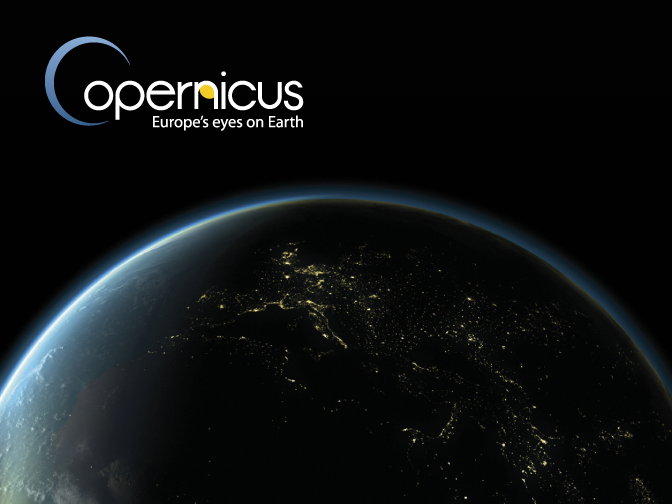

Fifty-two expert communicators met in Brussels on 16 and 17 June to look into ways to communicate climate information effectively, as part of preparations for the EU-funded Copernicus Climate Change Service (C3S) being implemented by ECMWF.
A common thread to the presentations and discussions was that communicating climate change information is a serious business which cannot be left to scientists alone.
“Clear and balanced”
In a keynote presentation, Jean-Pascal van Ypersele, the Vice-Chair of the International Panel on Climate Change (IPCC), noted that “for a long time” the IPCC did not have a communication strategy.
The Panel was set up in 1988 but only adopted such a strategy in 2012, after poor communications relating to “small errors” in its 2007 report led to a “large controversy”, he explained.
The IPCC now aims to communicate climate assessments “by providing clear and balanced information on climate change, including scientific uncertainties, without compromising accuracy”, Professor Van Ypersele said.
An important principle is for IPCC work to be “policy-relevant” but not “policy-prescriptive”, he added. As the IPCC’s Communications Strategy explains, the presentation of IPCC assessments “should remain policy-neutral and maintain scientific balance”.
“Accurate, relevant and engaging”
Chris Rapley, Professor of Climate Science at University College London, agreed that climate change communication needed to become more professional.
“We have reached an interesting stage in the climate change story, which is becoming embedded much more broadly in society,” he said.
“We need a larger volume of climate change communication practitioners to be able to deliver an accurate, relevant and engaging story to a much wider range of people than has been the case in the past,” the former Director of the Science Museum added on the sidelines of the workshop.
Other speakers emphasized the role of visualization and animation in conveying scientific information to diverse audiences. They also made the point that television remains a crucial medium for communicating science even though social media and the internet are growing in importance, especially for younger people.
Although scientists have attempted to deliver the climate change message as best as they can, they are not professional communicators, Professor Rapley said, adding that “the time has come to professionialise this.”
